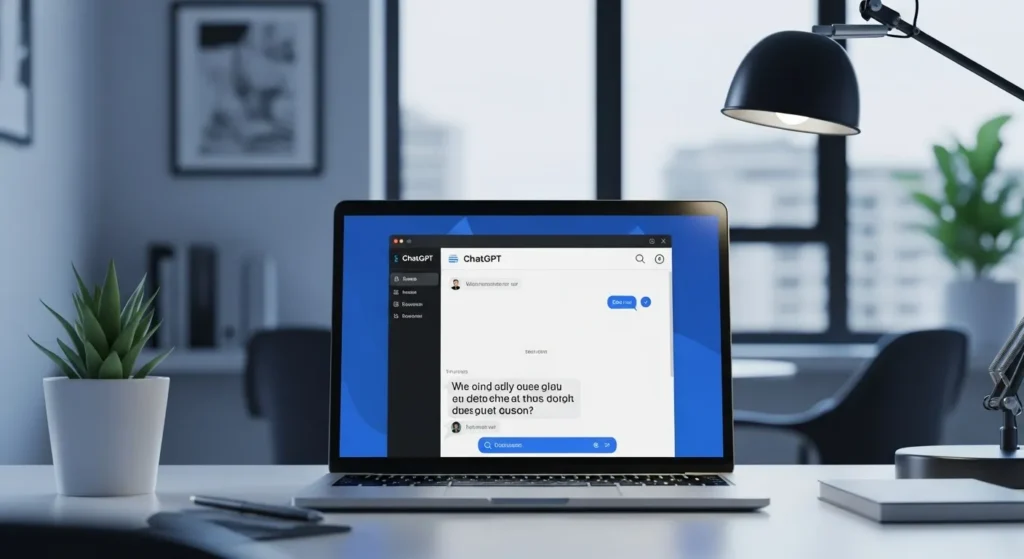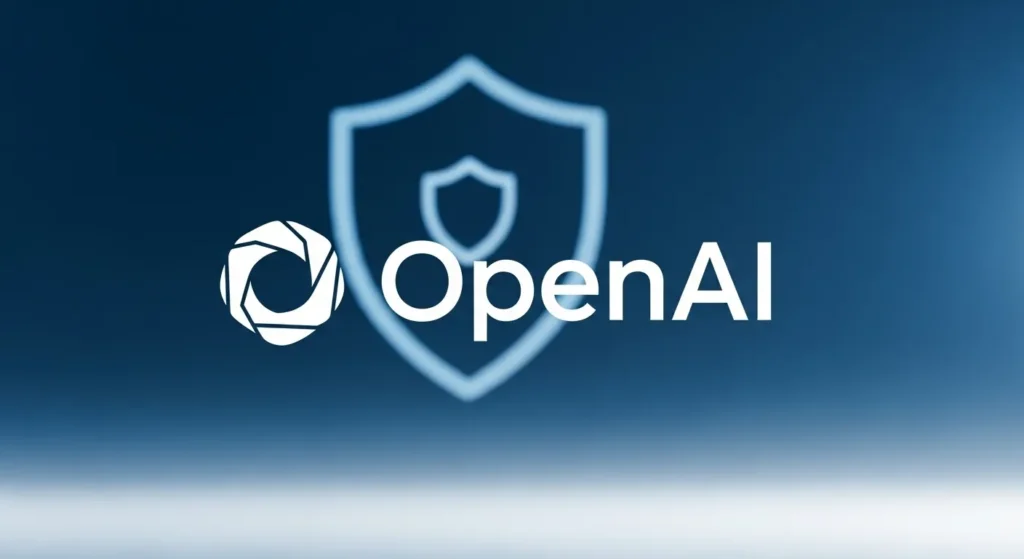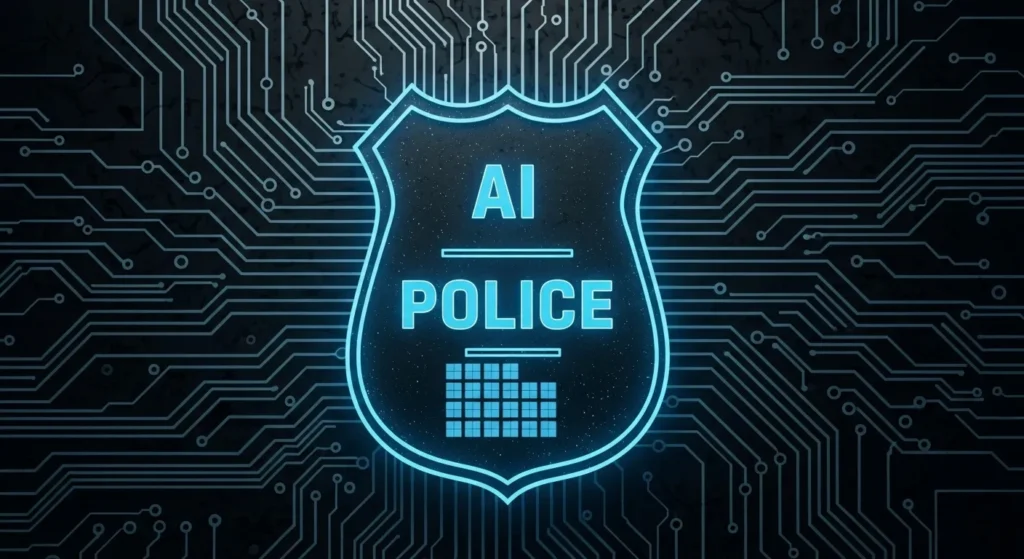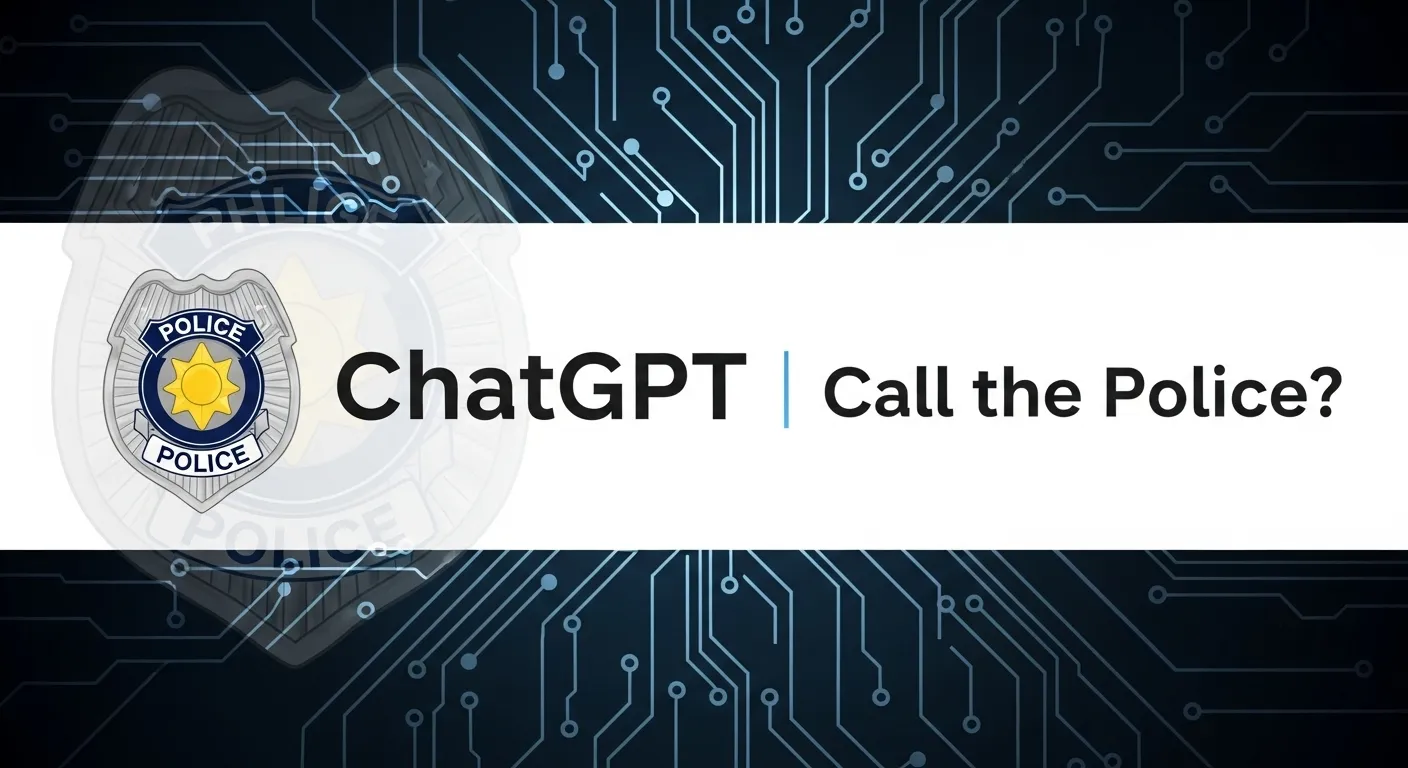ChatGPT is a popular AI tool used for tasks like answering questions and writing text. As its use grows, people wonder about its limits. A common question is: can ChatGPT call the police? This article answers that question. We’ll look at what ChatGPT can do, OpenAI’s policies on illegal activities, and how to use it responsibly. Our goal is to provide clear, accurate information as of July 2025, addressing concerns and clearing up misconceptions.
What is ChatGPT?
ChatGPT, created by OpenAI, is an AI model that generates human-like text. It answers questions, writes essays, and helps with coding. It uses natural language processing (NLP) to understand and respond to user prompts. However, ChatGPT is limited to text-based interactions. It cannot make phone calls or connect to external systems like police services .

Can ChatGPT Call the Police Directly?
No, ChatGPT cannot call the police. It’s a language model designed to process text and generate responses. It cannot access phone lines or contact emergency services. If you ask ChatGPT to “call the police,” it might provide information about emergency numbers but cannot take action itself .
Does OpenAI Report Illegal Activities?
ChatGPT itself doesn’t report to authorities, but OpenAI, its creator, has policies for handling illegal activities. Updated in January 2025, these policies outline specific cases where OpenAI may share user data with law enforcement . Key points include:
- Child Sexual Abuse Material (CSAM): OpenAI reports CSAM to the National Center for Missing and Exploited Children, as required by law.
- Emergencies: OpenAI may share data in cases involving serious harm, like danger of death, but only with proper legal requests.
- Legal Compliance: OpenAI shares data to meet legal obligations, prevent fraud, or ensure safety.
These actions are handled by OpenAI’s legal team, not ChatGPT. Monitoring combines automated and manual checks, but there’s no evidence of ChatGPT independently reporting users .

Why Do Users Worry About Police Reports?
Some users get warnings from ChatGPT about policy violations, leading to fears about police involvement. For example, a Reddit user noted ChatGPT warned their conversation might be reported, causing concern . For more on privacy, see our article on Does ChatGPT Track You? Privacy Risks.
How Police Use AI
Some police departments use AI tools, including those powered by OpenAI’s technology, for tasks like writing reports. For instance, AXON’s Draft One software helps officers draft reports faster. This shows AI supporting law enforcement, not ChatGPT reporting users. It’s a one-way use of AI, unrelated to ChatGPT contacting police.

Tips for Responsible ChatGPT Use
To avoid issues, follow these tips:
- Don’t Ask for Illegal Content: Prompts about illegal activities violate OpenAI’s terms and may lead to penalties.
- Treat Conversations as Public: OpenAI monitors chats for compliance, so avoid sensitive topics.
- Report Issues: Use OpenAI’s reporting form to flag problematic content .
Comparison of AI Reporting Capabilities
| Platform | Can It Call Police? | Reporting Mechanism | Key Policies |
|---|---|---|---|
| ChatGPT | No | OpenAI may report CSAM or emergencies | Prohibits illegal use, monitors compliance |
| Other AI Tools | Varies | Depends on provider | Varies by platform |
People Also Ask
Can ChatGPT report me to the police?
No, but OpenAI may share data in cases like CSAM or emergencies.
Does OpenAI monitor conversations?
Yes, for policy compliance, but not as real-time surveillance.
What happens if I break ChatGPT’s rules?
You risk account suspension or data sharing with authorities if legally required.
Conclusion
ChatGPT cannot call the police or report users directly. It’s a text-based AI with no access to external systems. OpenAI may share data with authorities in specific cases, like CSAM or emergencies, but this is a company action, not ChatGPT’s. Users should follow OpenAI’s rules and local laws to use ChatGPT safely. Understanding these limits helps you use this powerful tool responsibly.
